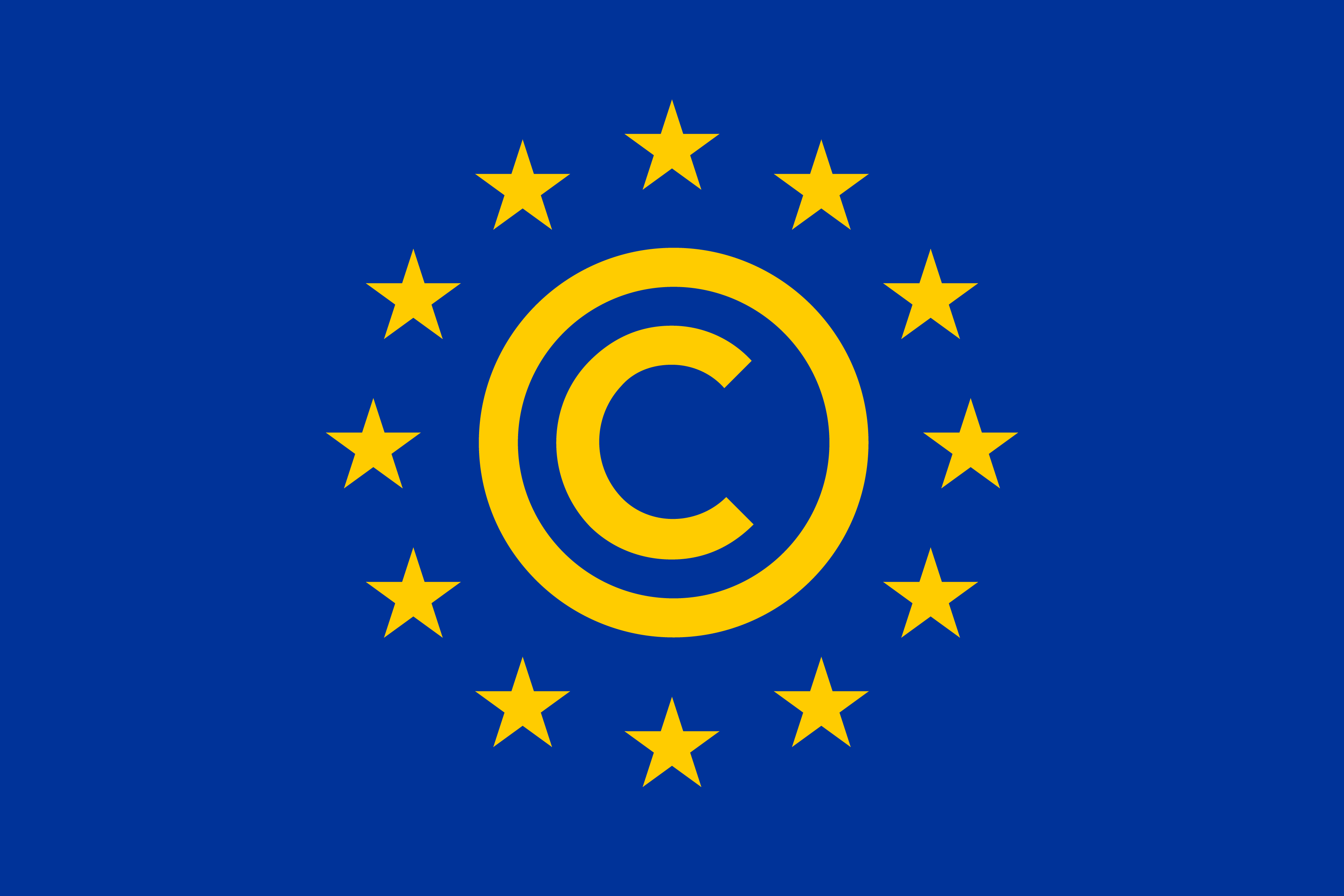March 27, 2019
In a vote that could change the internet as we know it, the European Parliament yesterday approved a sweeping reform of the EU's digital copyright policy. The law would make big websites liable when their users post copyrighted material without permission.
Supporters of the measure, which passed in a 348-274 vote, say it will help artists, book publishers, video producers, and record labels claw back power from Silicon Valley tech giants by ensuring they are fairly compensated for their work.
Opponents – which include tech firms and a bevy of internet activists – have run up a free speech flag, arguing the rules could force websites to install upload filters that scan for copyrighted material, making it harder for people to post and share stuff online.
We're interested in the fracas here at Signal because it's a great example of how Europe is pulling out all the stops in order to become the world's first tech-regulatory superpower.
Caught between freewheeling Silicon Valley's surveillance capitalism and techno-authoritarian China – and largely without tech behemoths of its own -- the 28-member economic giant is trying to shape the future of technology through law.
The EU's approach aims to give individual citizens, rather than companies, control over their personal data. It's also trying to bust up what it sees as unfair monopolies in the industry. And Brussels isn't shy about taking that fight directly to Silicon Valley – just last week the EU slapped a $1.7 billion judgment on Google for abusing its dominant position in the online ad market – the latest in a series of big fines that Europe's competition Commissioner Margrethe Vestager has levied on Big Tech.
With copyright reform now headed to member states for final approval, and enforcement of data protection rules picking up, other big ideas knocking around Europe include regulating AI and perhaps even forcing the world's most powerful digital companies to share some of their data with competitors.
The upshot: Europe's 430 million or so relatively affluent internet users are a big draw for tech firms, but if regulation gets too strict, they could leave altogether, leaving the Old World behind in tech innovation. The tech sector's response to this week's copyright reforms will be an important bellwether for which way things start to go.From Your Site Articles
Related Articles Around the Web
More For You
Xi Jinping has spent three years gutting his own military leadership. Five of the seven members of the Central Military Commission – China's supreme military authority – have been purged since 2023, all of whom were handpicked by Xi himself back in 2022.
Most Popular
Sponsored posts
Five forces that shaped 2025
What's Good Wednesdays
What’s Good Wednesdays™, January 28, 2026
Walmart sponsored posts
Walmart’s commitment to US-made products
- YouTube
In this episode of GZERO Europe, Carl Bildt examines how an eventful week in Davos further strained transatlantic relations and reignited tensions over Greenland.
- YouTube
In this episode of "ask ian," Ian Bremmer breaks down the growing rift between the US and Canada, calling it “permanent damage” to one of the world’s closest alliances.
An employee works on the beverage production line to meet the Spring Festival market demand at Leyuan Health Technology (Huzhou) Co., Ltd. on January 27, 2026 in Huzhou, Zhejiang Province of China.
Photo by Wang Shucheng/VCG
For China, hitting its annual growth target is as much a political victory as an economic one. It is proof that Beijing can weather slowing global demand, a slumping housing sector, and mounting pressure from Washington.
© 2025 GZERO Media. All Rights Reserved | A Eurasia Group media company.
